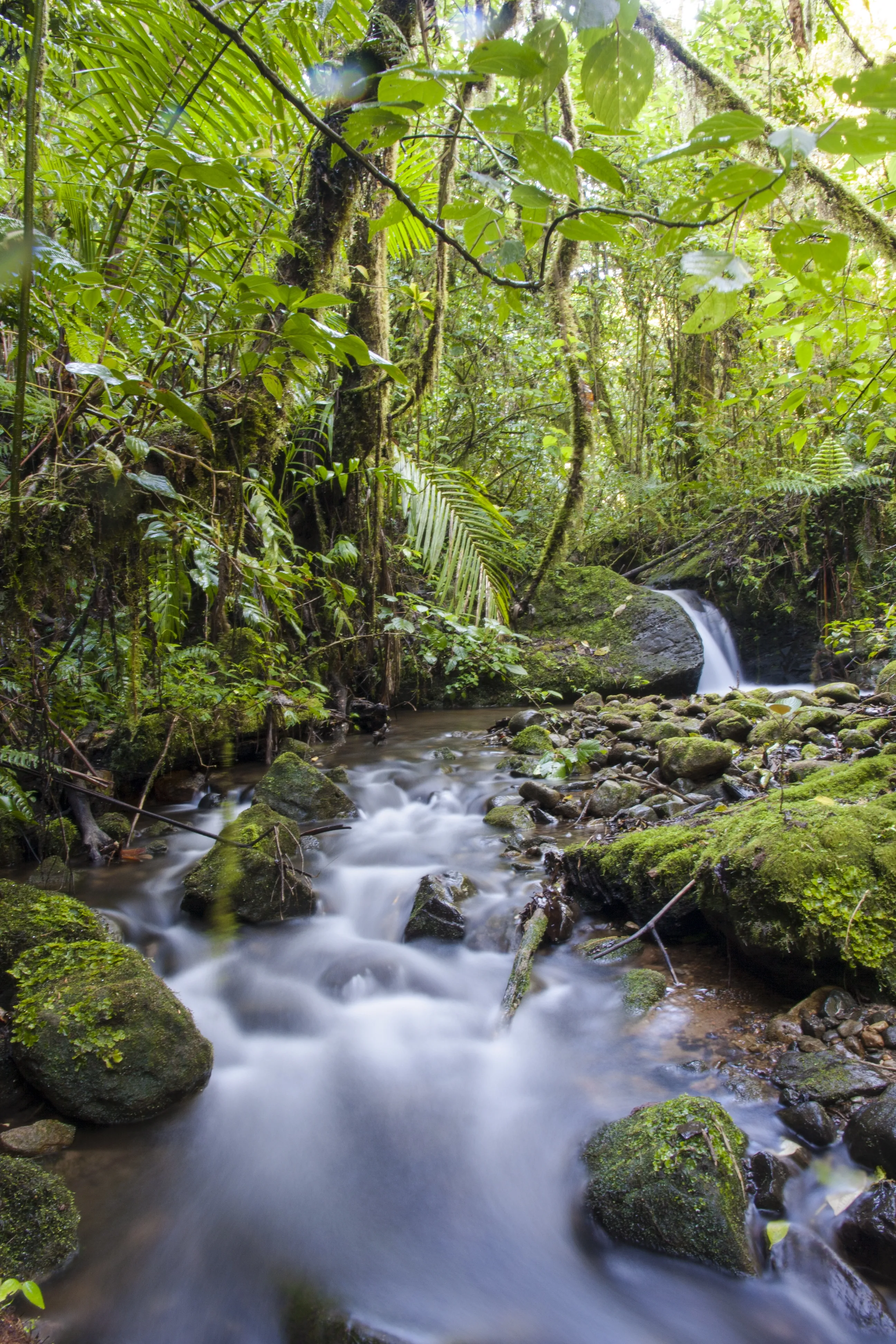Who protects nature?

Colombia is a megadiverse country, presenting in the first positions in diversity in birds, butterflies, reptiles, orchids among others. Where its great geographic and climatic variety, hosting different ecosystems. Natural resources protected under a complex environmental legislation, with a high international recognition.
This national legislation, presents initiatives since the 20th century, from the creation of Decree 1279 of 1908, creating at that time the Department of Vacant Lands and National Forests, to the recent signing of the Escazú agreement, among others. International agreements are one of the major influences, such as the creation of Law 99 of 1993 after signing the Rio Declaration in 1992, which sets out the basis of national environmental policy.
However, there is a high level of ignorance of its regulation, surveillance and control, which leads to disarticulation, over coupling and legal redundancy. The application of the precautionary principle (Law 23 of 1973), low or null application of obligatory nature and sanctions, ignorance of the law itself, low promulgation, increase the ignorance and compliance of the same norm (Law 84 of 1874), among others. In the face of this discouraging and challenging view for natural resources, Colombia presents political instruments that have allowed that in spite of certain dynamics, it continues to be supported and protected by the current regulations. This reality has been reflected at a continental and global level, adding voices and struggles.
Diplomatic agreements are probably the way that generates the most pressure among governments of the countries that make commitments on biodiversity and environmental regulation, which are influenced within their legislation and, even so, the efforts seem to fail to achieve the established goals. This has placed the judicial branches of the countries involved in a constant challenge between the provisions due to lack of knowledge and tools to deal with environmental cases. From all this arises that, since the 1970's, it begins to appear that nature may have legal rights, so much so that some nations have already incorporated it into their legislation.
In Colombia by means of judgment T622 of 2016, the Constitutional Court gives recognition to the Atrato River as a subject of rights, being the Ministry of Environment its legal representative under Decree 1148 of 2017, another case is the recognition of the Middle Magdalena River, as a victim of the armed conflict by Justice and Peace Chamber of the Superior Court of the Judicial District of Bogotá under the judgment of April 8, 2021; which implies that they have rights against their protection, recovery and other provisions that benefit such tributaries and the surrounding communities.
Despite progress, we still see nature as an infinite resource and the partial blindness of climate change does not allow environmental legislation to be sufficient, without taking into account the interest in monetizing ecosystem goods and services under incentives for biodiversity protection. It is essential that we understand the importance not only to conserve biodiversity, but all the associated subjugation, such as the enjoyment of a healthy environment (Political Constitution of Colombia of 1991), food security (Law 2120 of 2021) and other benefits that we have received throughout the history of mankind. In this way, it should not be granted rights that it should inherently have, because what is needed is to see it with greater objectivity and commitment, because if it is not done for the natural resources, it should be done for the subsistence of society itself.